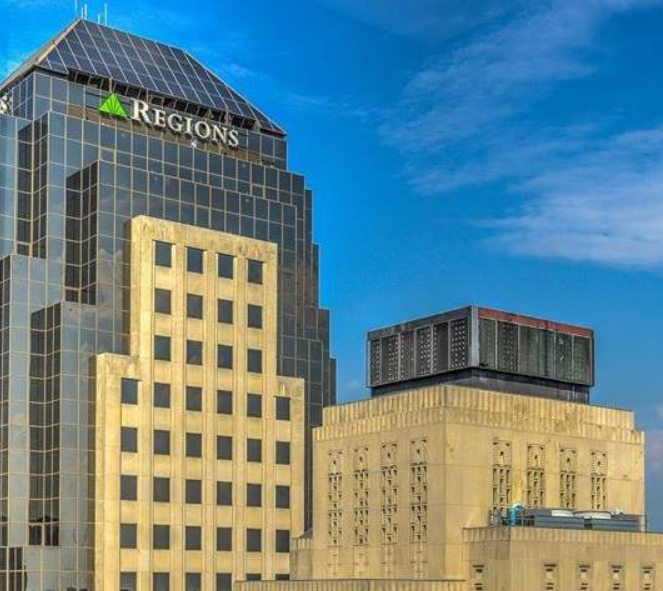In its current state, the world seems to be upside down economically.
The debt ceiling negotiations between President Joe Biden and Speaker Kevin McCarthy seem never ending. Treasury Secretary Janet Yellen says the US won’t have enough to pay its debt obligations by June 1st. That’s about a week away. Avoiding default is the name of the game. So what happens if they don’t?
Learn the benefits of becoming a Valuetainment Member and subscribe today!
Well, for starters, Yellen is predicting a recession should the debt ceiling not be raised. She said the US market could crash a whopping 45%.
There have been a number of recessions before. Some famous, some not. Dwight Eisenhower presided over one in 1958. He took a blood bath in the midterm elections that year, but by ’59, the economy was fully back on track.
But Americans are still feeling the effects of the 2008 recession today. Yellen is comparing this potential recession to the near catastrophic 2008 one.
Without the ability to borrow more — where the debt ceiling would have to be raised — Yellen notes the US won’t be able to make social security, Medicare of Medicaid payments. US bond holders also won’t be able to draw from their investments.
All this could cause job loss in the millions. Some predictors say as much as eight million American jobs could be lost within a handful of years.
The Treasury Department is doing their best to stave this all off, as they limit the payments they are already required to make. The treasury yield, or the interest rate the US treasury pays based on its debt, has gone down from 5.56% to 3.31% in a single month.
JP Morgan CEO Jamie Dimon says this spells bad news. This limited debt payment is called quarterly tightening, or “QT.”
Dimon says this could be the beginning of the collapse of regional banks.
Think about how disastrous that would be. Big banks will often get bailouts. Think Obama’s “too big to fail” viewpoint. Regional banks often anchor the skylines of American cities (think Regions Bank building, the largest in Shreveport, La., and their buildings anchoring medium size cities across the US). They often serve as the last vestige of investment in a struggling downtown. They more frequently give out loans to home buyers and small business owners.
Regional banks are the banks that are far more on the ground. They tend to serve the little guy more than the corporate industry, which is one of the key roles of the big banks.
But with less interest payments on the US’s part, big banks won’t match those payments and pass them down to regional banks. Big banks, for now at least, can whether the storm of a lower payment. Many of them are self sustaining. But regional banks are not. The day-to-day banks pumping the American economy are essentially a few lowered fed payments away from total collapse.
Check out the keynote speakers and details for The Vault 2023 and secure your tickets!
Dimon says, “I’m probably more concerned about quantitative tightening with anybody in this room. We’ve never had QT before. And you see huge distortions in the marketplace already. The Feds have $2.3 trillion basically lent out to money funds. So I think people should build into their mindset that they may have to move deposit beta more than they think and manage that. So I mean, if I was any bank or any company, I’d be saying, ‘can you handle higher interest rates and surprise in deposits, etc?'”
Dimon’s warning is prescient. His bank, JP Morgan, seems to be doing fine. They have 13% of all the country’s deposits and 21% of all credit card spending.
And essentially, “move deposit data” means get their money out of regional banks. And that means the smaller banks don’t have enough to keep going, so he’s almost directly saying, by suggesting there will be deposit data movement, that small banks won’t have enough to survive and thus collapse.
In economic terms, Dimon is predicting the collapse of the regional bank, sending the consumer economy in to a tailspin.
I say consumer economy because the big bank economy will be fine. JP Morgan sees no issue with this, as it will be easier to gobble up smaller, regional banks as they go belly up and become purchasable for a smaller price. That means accounts of millions of extra people are now under the aegis of JP Morgan versus a smaller bank more closely watched and managed by a smaller cadre of overseers.
JP Morgan already purchased First Republic Bank. They were a midsize institution. Expect Regions to be next. And then, when it’s the only option left, they’ll gobble up your little credit union too.
Let’s just hope Speaker Kevin McCarthy and President Joe Biden make nice and avoid this whole thing. Time will tell, but our government is so dysfunctional that even the passage of time is coming at a premium. This ain’t your Eisenhower’s recession.


















Add comment